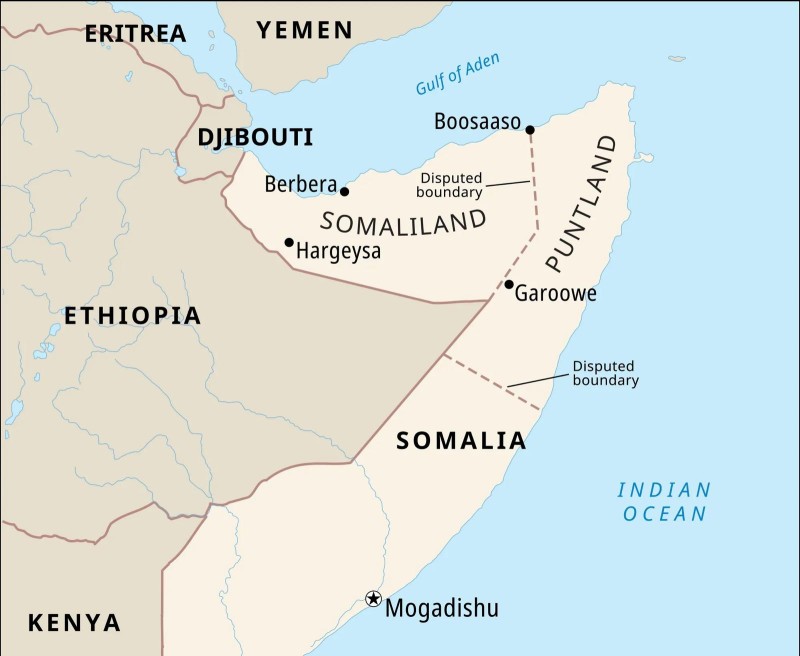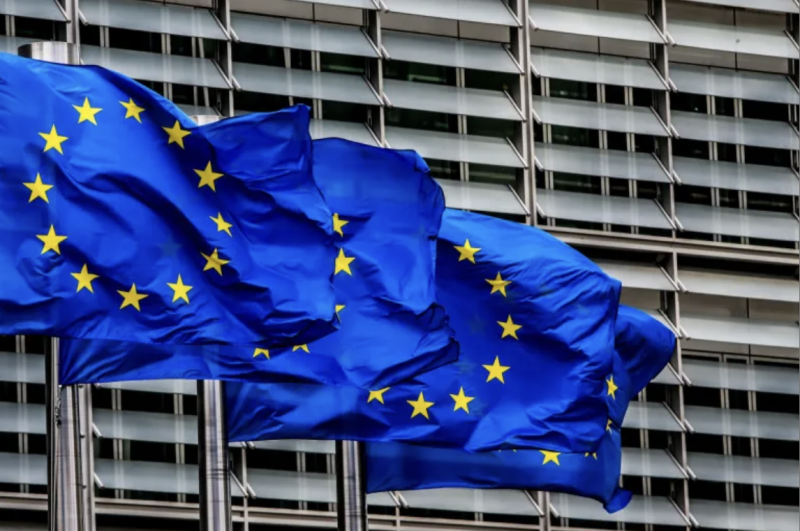Houthi attacks are reaching boiling point


Since Israel launched its devastating assault and invasion of Gaza after the 7 October attacks by Hamas militants, the world has been anxious about the war spreading into a wider conflict that consumes the Middle East. In recent weeks, the threat of an expanding conflict has centred on an unlikely place: the poorest country in the region, Yemen, which has suffered years of civil war.
In late October, the Houthi militia in Yemen began firing missiles and drones towards Israel and then moved to seize commercial ships sailing in the Red Sea. The Houthis claimed they would prevent Israeli ships – or those registered to Israeli owners – from passing through the channel until Israel stopped its attack on Gaza. In recent weeks, the Houthis escalated their attacks on cargo ships using missiles, drones and small boats. The attacks, which crippled traffic through a vital trade route that links Asia to Europe and the US, prompted Joe Biden’s administration to create an international naval operation last month to protect commercial ships in the Red Sea.
On 31 December, US and Houthi forces clashed directly for the first time when US helicopters responded to a distress call from a Singapore-flagged container ship that was being attacked by Houthi boats. In the ensuing firefight, the US sank three of the four Houthi boats, killing 10 fighters. The incident prompted new threats from US and UK officials, who said they were considering airstrikes on Houthi targets in Yemen to prevent further attacks.
On Wednesday, the US, Britain and a dozen allies issued an ultimatum to the militia. “Ongoing Houthi attacks in the Red Sea are illegal, unacceptable, and profoundly destabilising,” the statement said, as US military officials leaked that they had drawn up a list of potential targets including Houthi radar installations, launch sites for missiles and drones, and munitions depots.
The Houthi attacks forced many of the world’s largest shipping companies to reroute freighters away from the Red Sea and Suez Canal – a route that shortens the trip between Asia and Europe by thousands of miles. Instead, ships are being detoured around South Africa, which can lengthen a freighter’s journey by several weeks and increase fuel and labour costs. The attacks are also causing economic damage to Israel, whose Eilat port has lost 85% of its shipping activity since the Houthi campaign started.
By disrupting global trade, the Houthis are imposing an unexpected cost on the US and its allies for their support of Israel. But the Houthis are drawing the US and the west into a losing proposition if they respond with attacks on Yemen: the US and its European allies all say they’re keen to prevent the Gaza war from spreading to other parts of the Middle East. A US- and British-led military response to the Red Sea attacks risks that wider conflagration – and it’s unlikely to force the Houthis to change their tactics. By attacking Yemen, the US-led coalition also risks upending a fragile ceasefire between the Houthis and Saudi Arabia, who had fought a war since early 2015.
The US and its allies are also trying to pressure Iran, which supports the Houthis, to restrain the militia from further attacks on shipping vessels. For years, Iran has provided funding and weapons to the Houthis, and integrated the group into a network of regional militias calling itself the Axis of Resistance, which includes Hamas, the Lebanese militant group Hezbollah and several militias in Iraq and Syria. Since Israel began its assault on Gaza, this network has struck at Israeli and US targets throughout the region, hoping to intensify pressure on the Biden administration to push Israel to accept a ceasefire.
But even if Iran tries to restrain Houthi leaders, it’s unclear whether they would stop their attacks in the Red Sea. Like other militias and non-state actors nurtured by Tehran as it has tried to extend its influence in the region over the past three decades, the Houthis have their own interests and priorities. Yemenis have a long history of supporting the Palestinian cause, and the Houthis are positioning themselves as the only group that is taking concrete action against Israel, unlike rival Yemeni factions, which have stayed largely silent since the invasion of Gaza. The Houthis are also trying to shore up wider regional support, contrasting their actions with those of Arab governments that have condemned Israel but have not backed out of normalisation agreements they signed with Israel during Donald Trump’s administration.

Hargeisa -- In the first international recognition since it declared independence from Somalia in 1991, Israeli Prime Minister Benjamin Netanyahu a…

In his first Christmas address titled Urbi et Orbi, Pope Leo XIV called on the world to embrace responsibility as the surest path to achieving peac…

Brussels -- The European Union has reaffirmed its unwavering commitment to Yemen’s unity, sovereignty, and independence, expressing support f…